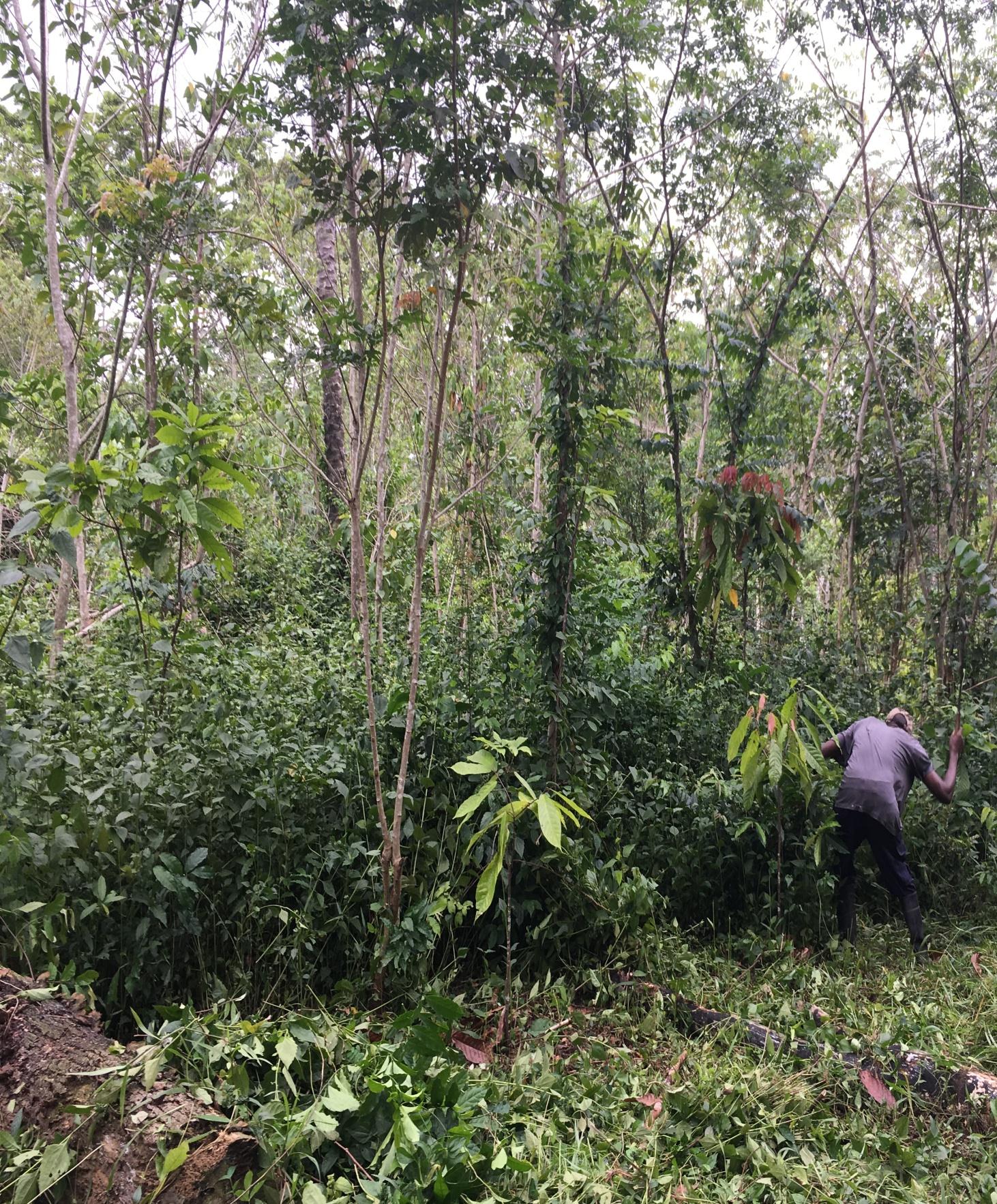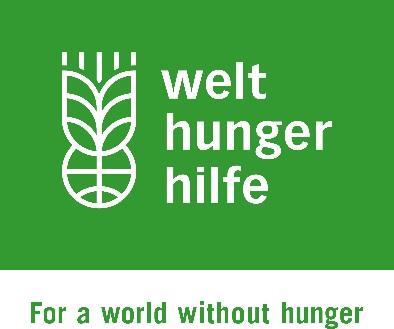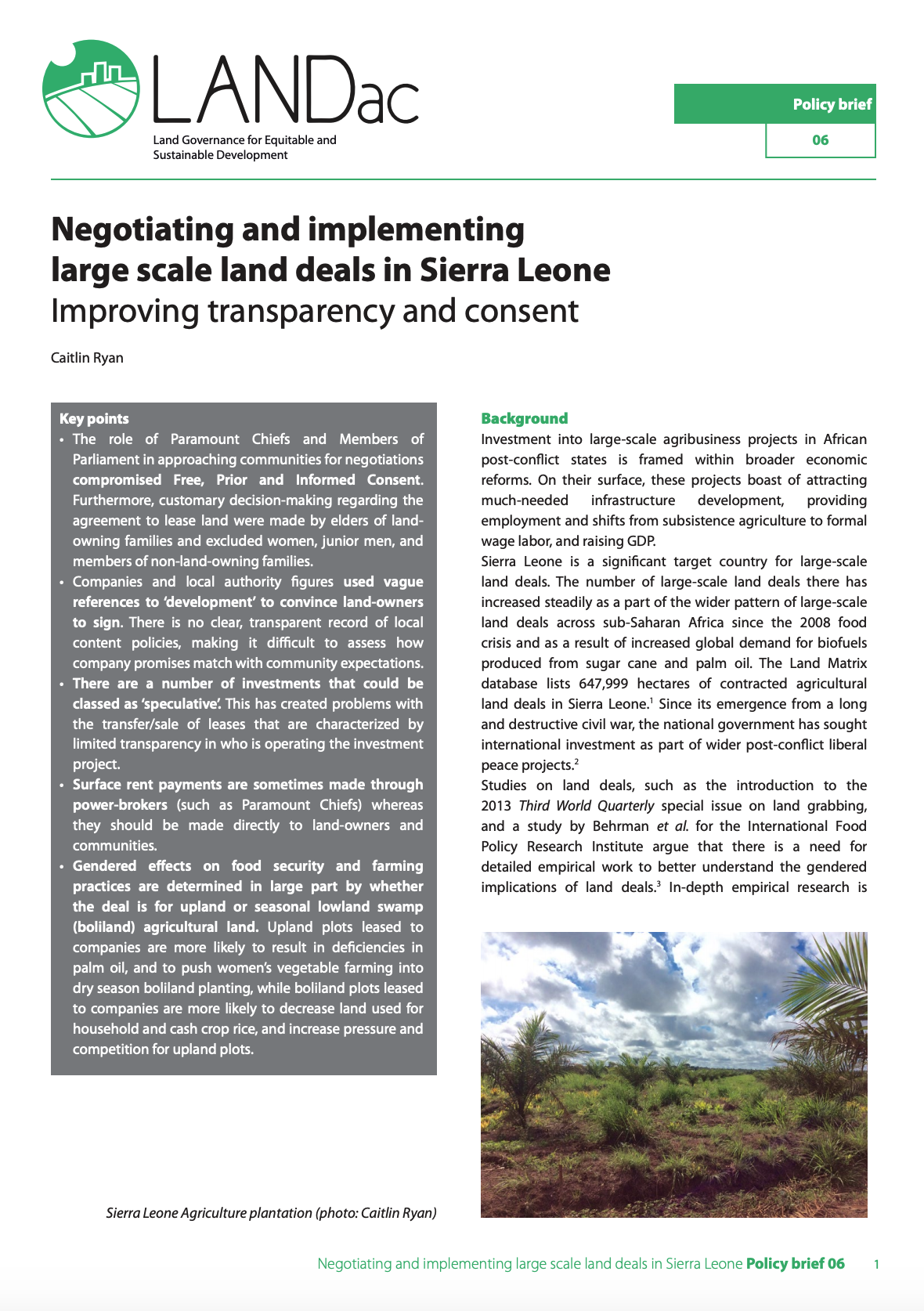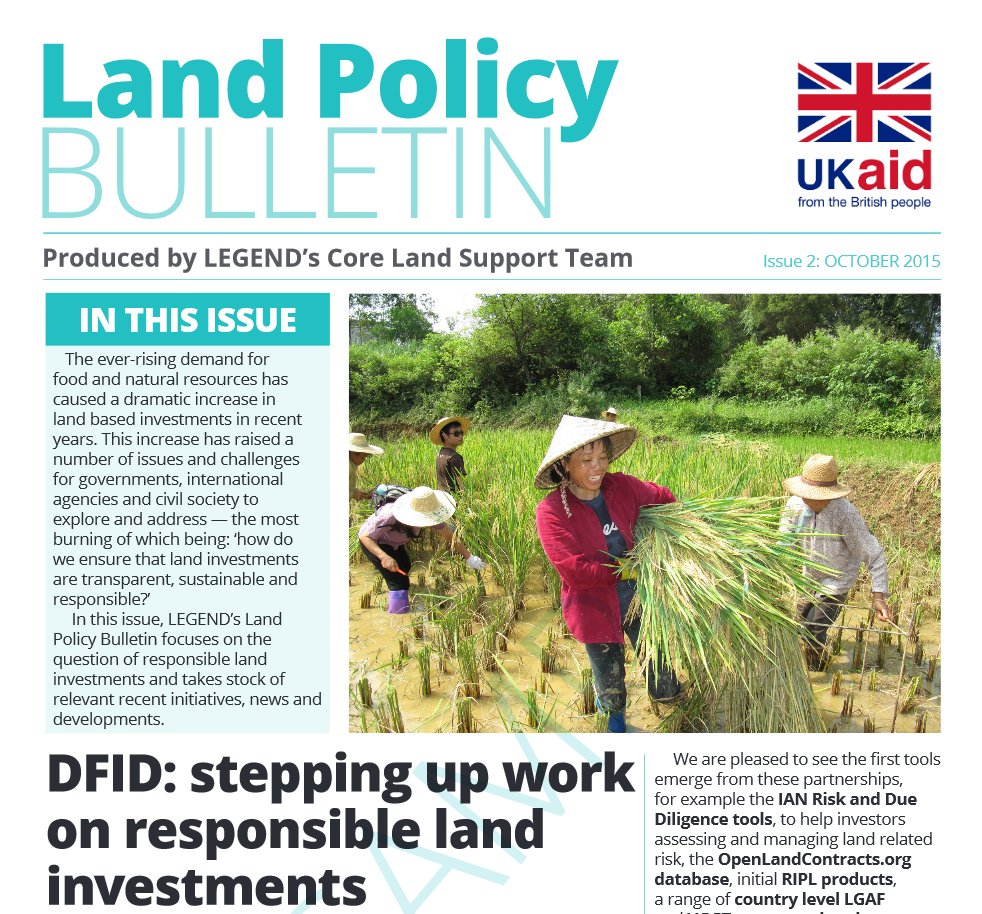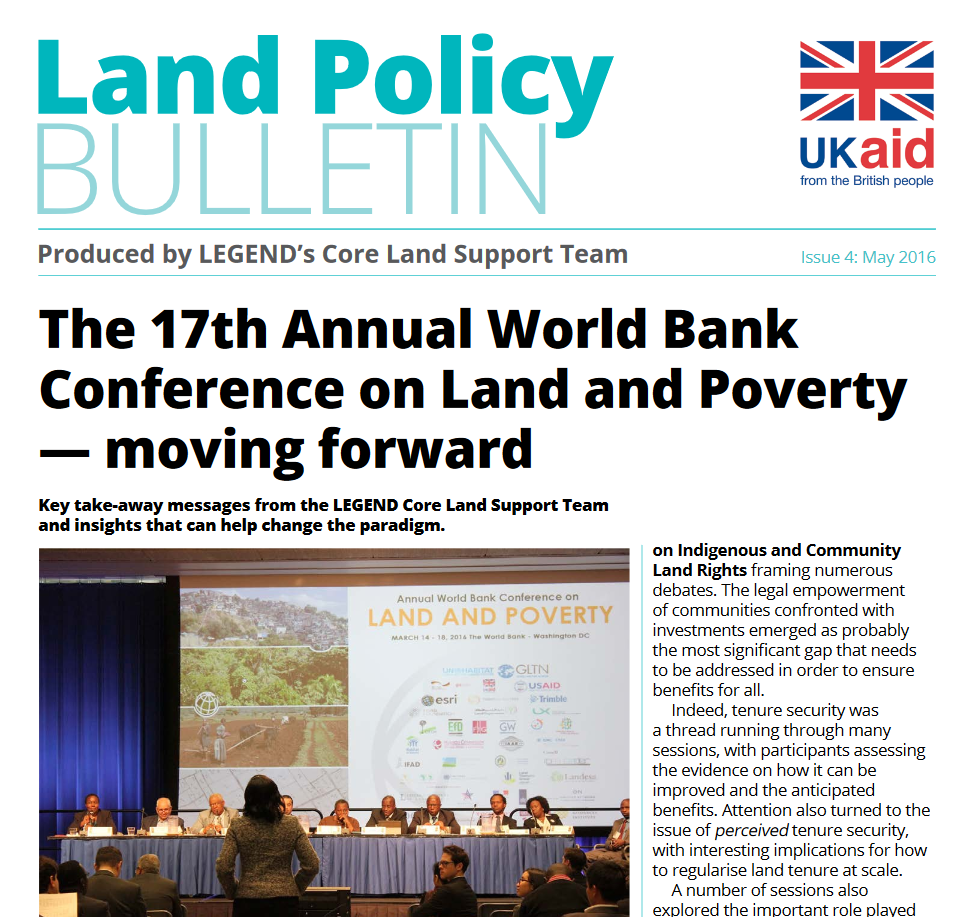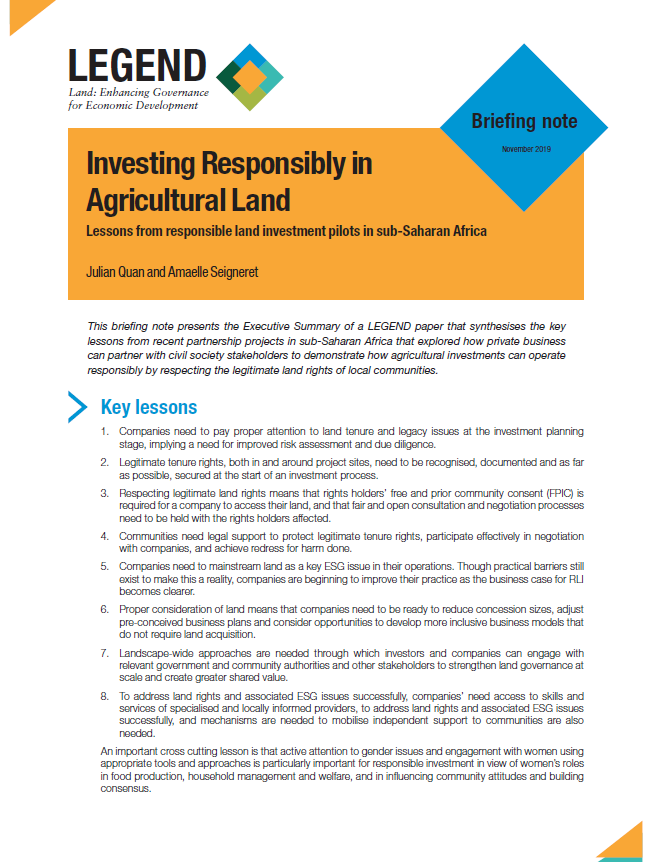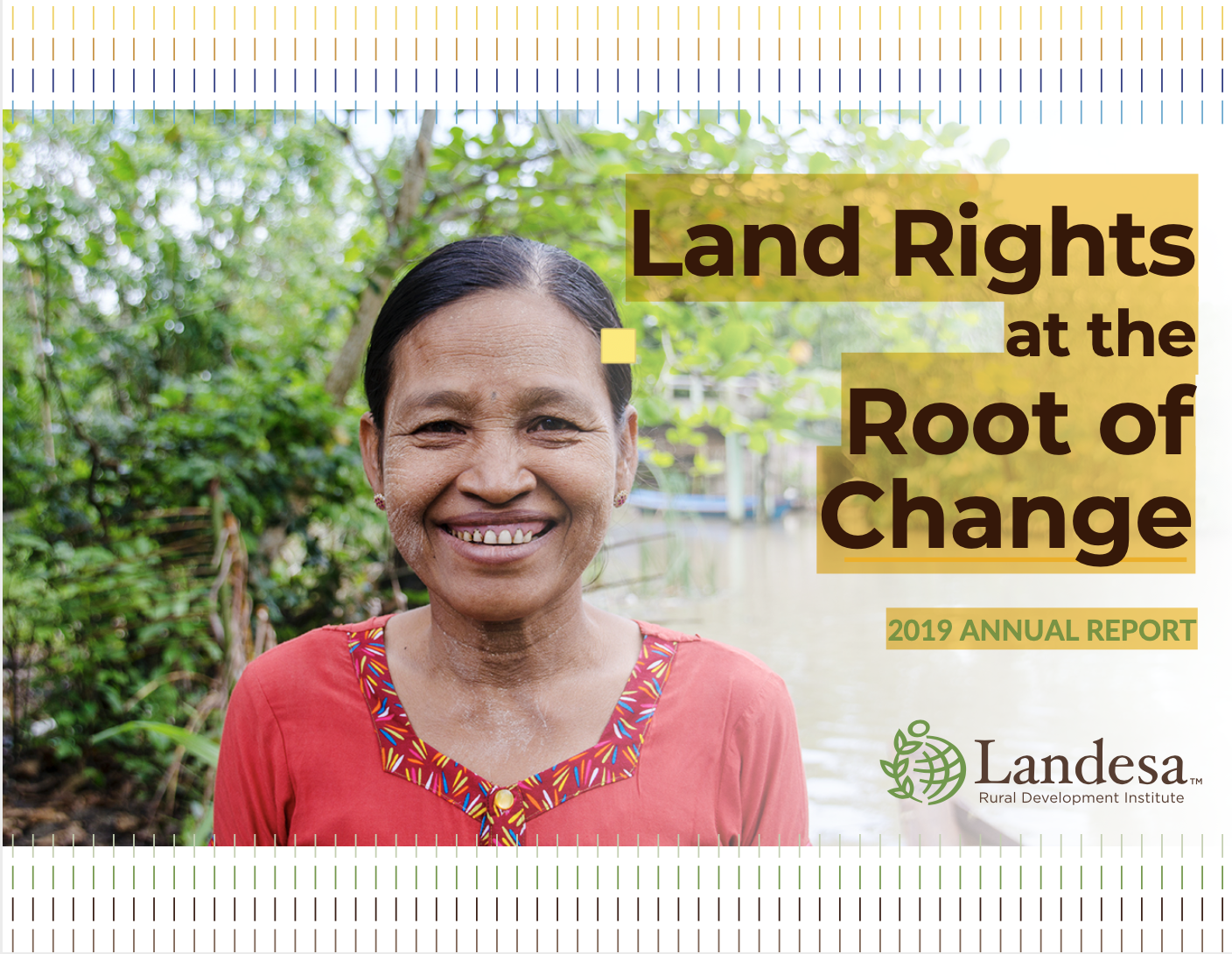Rural Vulnerability and Inequality in Eastern Sierra Leone: Findings from the Field
The SPIRAL-Project (the "Project"), financed by the UK government under the LEGEND Challenge Fund and implemented by Deutsche Welthungerhilfe ("WHH") and a private-sector partner (the "Investor"), establishes and tests a fair, transparent, and inclusive business approach (the CPC model) for responsible land-based agricultural investments in the Sierra Leonean Cocoa Sector.

